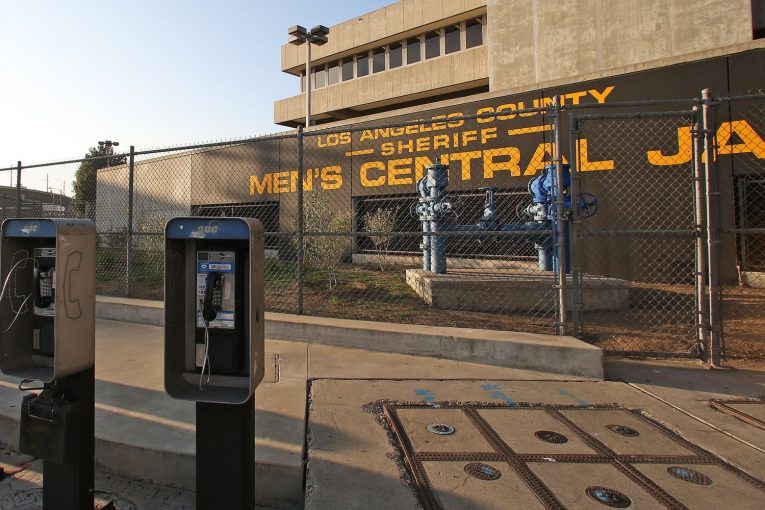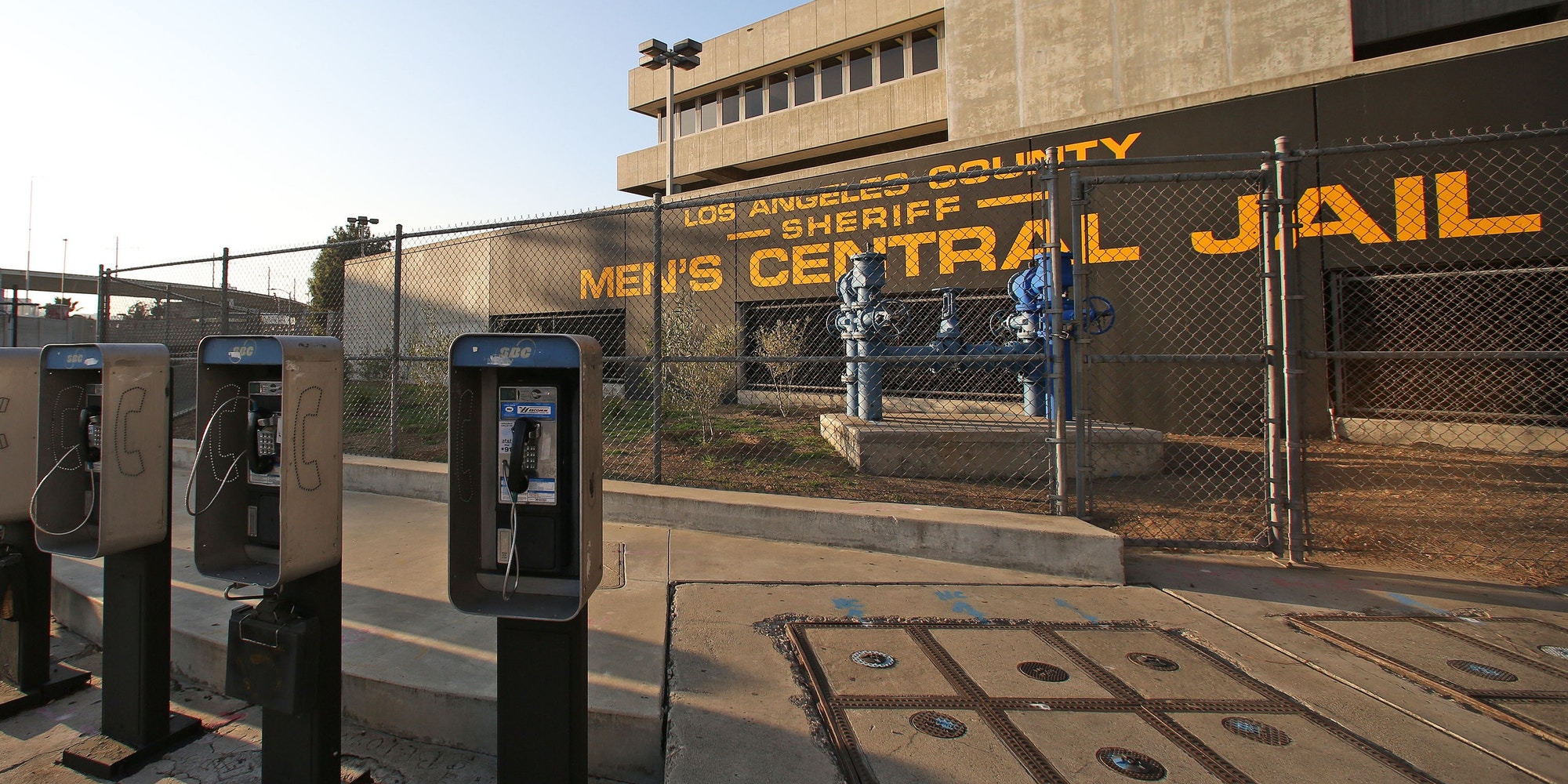

By Aaron Littman, Alicia Virani, Nicholas Shapiro
More than 6,000 Angelenos are currently incarcerated pretrial in our county jails – around half the population of the nation’s largest jail system, a dangerous, dysfunctional network which has seen at least 40 deaths this year.
The majority are there not because they pose a risk to public safety, but simply because they cannot afford to pay bail. In October, the Los Angeles County Superior Court took a small first step to address this injustice with a modest change to county bail practices.
Law enforcement and city officials have since been hard at work spreading misinformation and stoking fear, alleging that without money bail, our communities will see a wave of violence and theft. One result of that fear is a lawsuit, now joined by 29 cities in Los Angeles, that seeks to roll back the new bail policies by claiming they “inadequately provide for public safety.”
This fearmongering is wrong and irresponsible. It is an attempt to drown out years of data and analysis that prove releasing people back to their communities after arrest goes hand in hand with public safety.
As UCLA professors with a wealth of research between us on bail, jails, and incarceration, we have dedicated our careers to seeking better ways to keep our communities safe: running pretrial justice clinics, analyzing nearly a decade of deaths in Los Angeles jails, and collecting and analyzing data in prisons, jails, youth  facilities, and immigration detention centers across the United States. Our work has revealed the tremendous injustice of a system that allows the wealthy to buy their freedom and leaves the poor in jail to suffer violence, trauma, and too often death.
facilities, and immigration detention centers across the United States. Our work has revealed the tremendous injustice of a system that allows the wealthy to buy their freedom and leaves the poor in jail to suffer violence, trauma, and too often death.
We all want to live in safe communities, but our approach to justice cannot be motivated from a place of fear. We must ground public policy in the evidence of what keeps us safe—and there is an abundance of data proving bail reform and public safety go hand-in-hand.
The first batch of data from the Los Angeles Superior Court on the new bail protocols shows “undeniable public safety benefits” – only 3.5 percent of people arrested in the first three weeks of the new policy were rearrested. Half of those rearrests were of people released on traditional money bail—among cases that went through magistrate review, a mere two people were rebooked.
The LAPD’s own data shows that under a similar bail schedule in place in Los Angeles at the height of the pandemic, violent crime and property crime dropped or remained unchanged.
In Kentucky, the state Supreme Court issued statewide orders very similar to our new policy: for tens of thousands of cases, the data showed releasing people did not compromise public safety. And in Harris County, Texas, where in 2019 the courts ordered most people charged with misdemeanors be released without money bond, data analysis by an independent federal monitor found that releasing people pretrial did not translate to higher rearrest rates.
Pretrial incarceration is harmful, disproportionately affects low-income Black and Latino communities, and serves to diminish, rather than enhance, public safety. Many other jurisdictions around the country have successfully implemented substantial reform to bail and their pretrial detention systems—recently, the state of Illinois eliminated cash bail entirely, with smooth implementation thus far.
For Los Angeles County, these new pretrial release protocols are a small first step towards addressing the profound injustice of pretrial incarceration. We must hold firm the evidence and principles that drove this step in order to see a more just future, where everyone feels safe.
Originally published by the Los Angeles Daily News.
Aaron Littman is an assistant professor at the UCLA School of Law, deputy director of the UCLA Law Behind Bars Data Project, and faculty director of the school’s Prisoners’ Rights Clinic. Alicia Virani is The Rosalinde and Arthur Gilbert Foundation Director of the Criminal Justice Program at UCLA School of Law and co-founder of the school’s Pretrial Justice Clinic. Nicholas Shapiro is an assistant professor at the UCLA Institute for Society & Genetics and director of Carceral Ecologies, which researches environmental health conditions in carceral institutions and surveillance.
